Broadly, I am interested in decision making in the face of uncertainty
PhD student in the ECE Department of McGill University under the supervision of Professor Daniel Varro
Currently collaborating with Siemens Energy on several lines of research
I am currently working on algorithms to optimize the exploration-exploitation tradeoff to minimize regret in decision-making. I am particularly interested in decision-making in the presence of delayed feedback. This is an independent line of research.
I am involved in research regarding developing AI techniques for safety-critical contexts. This includes AI operated control systems, as well as foundational research to develop techniques with better guarantees. For this line of research, I am currently collaborating with Siemens Energy as an industrial partner.
I am conducting research on using AI to improve engineering design, specifically for turbine design. This includes generative design and AI-augmented engineering simulation tools. I presently collaborate with Siemens Energy on this line of research.
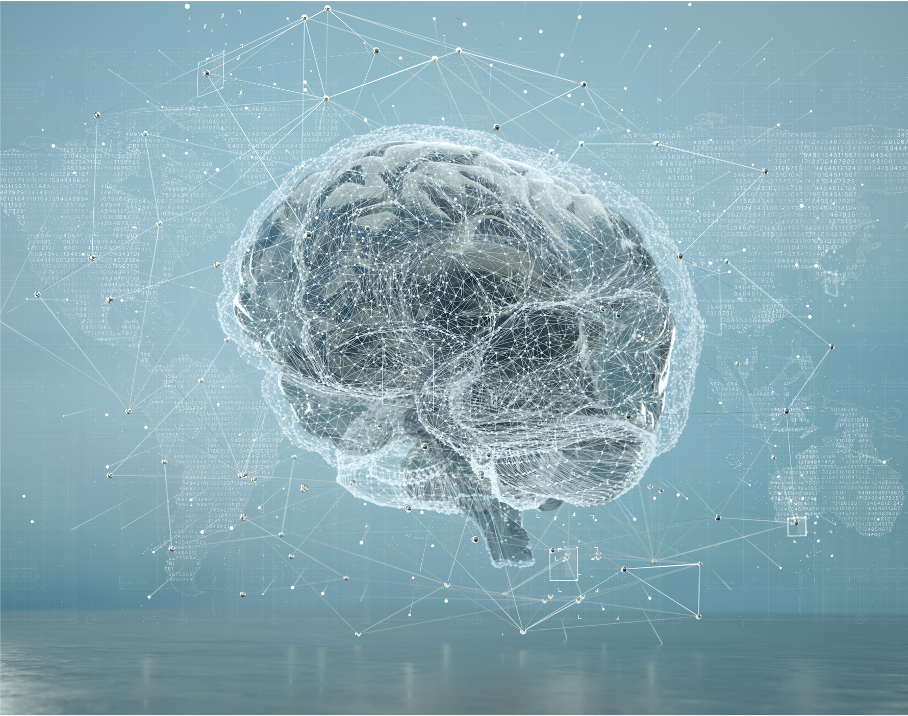
Large scale industrial engineering projects (e.g., gas turbine design) require multi-disciplinary domain knowledge and involve many engineers, tools, and interrelated systems. Due to the vast complexity of such projects, and localized optimizations, it can be hard to trace local design decisions (and their effects) across an entire engine. AI could be leveraged to improve many design decisions for a whole engine - but due to the amount of different tools and data sources it is hard to gather and organize data correctly. I developed a proof of concept and prototype simulation data cloud which leverages graph databases and other technologies to link data across simulation tools and the entire engine. As the design of a gas turbine involves sharing of data between engineering teams, a trace of data sources can be followed. My protoype enabled systematized storage and querying of data across simulation tools and teams and can be used to develop knowledge graphs. Most importantly, it can be used to create datasets crucial to training effective AIs. This prototype was used as a basis for the development of a new Siemens product with a significant development team behind it.

Complex machinery like industrial gas turbines have many design improvement opportunities. R&D requires significant capital and must be effectively managed to maintain competitive edge without incurring heavy costs. Certain systems could be better suited for greater R&D expenditure and allocation of resources for improvement. I developed an optimization tool which uses full-engine modeling to determine what engine component improvements would yield largest effect on overall engine performance. This tool helped management better allocate resources for R&D projects and revealed new R&D directions.

I was involved in a smart city research project with the City of Montreal under the supervision of Professor Tho Le-Ngoc. Under this project, I developed a management system for IoT devices in the festival centre of Montreal (Place des Arts). It managed cameras, traffic radars, Wi-Fi access points, RFID readers and more. It was used to maintain system connectivity between devices, send notifications regarding communication issues, and to confirm security credentials for restricted areas.
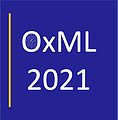
In 2021, I was accepted and attended the Oxford ML Summer School. This is a highly competitive program designed to provide participants with best-in-class training on a broad range of advanced topics and developments in machine learning. The program accepted 15% of applicants from 59 countries, 77% from acadamia, with 98% participants already holding a postgraduate degree.

I was accepted and attended the 2021 CIFAR Deep Learning and Reinforcement Learning summer school. The program brings together graduate students, post-docs and professionals to cover the foundational research, new developments, and real-world applications of deep learning and reinforcement learning. It is a highly competitive program and is hosted by CIFAR in partnership with Amii, Mila, and the Vector Institute. It accepted 300 students from 56 countries.
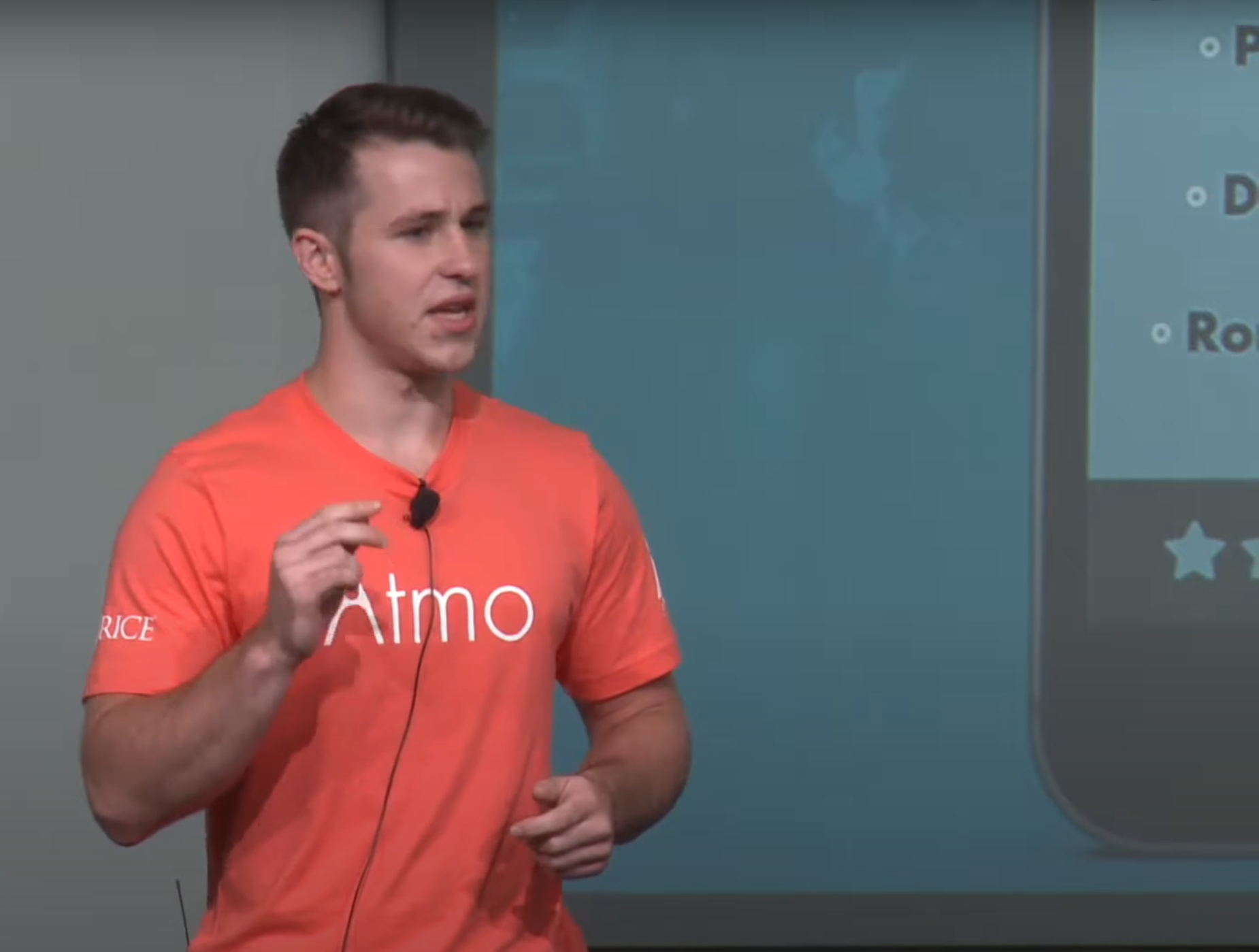
In 2016, my friend Jeffrey Wang and I were accepted to the Owlspark startup accelerator in Houston, Texas. We cofounded Atmo, an application to help users discover new restaurants based on atmosphere via mobile application. We partnered with local businesses and conducted a significant number of interviews (150+) with potential customers. We successfully completed the accelerator program and I pitched our startup at the Bayou Startup Showcase. Due to large physical distance between cofounders (Montreal vs. Houston) and other commitments, we decided to forego further development of the application and business.
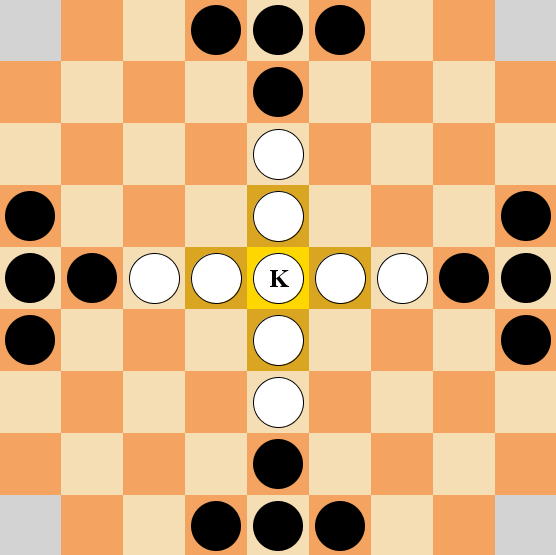
Tablut is a two player, turn-based game similar to chess. The Swedes (white pieces) seek to move their king to the safety of a corner. The Muscovites (black pieces) attempt to capture the Swedish king. Pieces move either horizontally or vertically like rooks in chess. An opponent's piece can be captured by maneuvering two pieces on opposite sides of the opposing piece. I developed a simple AI for a Tablut competition running on JVM. It is a heuristic algorithm which encodes domain knowledge and leverages Monte Carlo simulations with a custom-created non-traditional UCT (upper confidence bounds applied to trees) algorithm. I wrote up a mini-paper describing how it works and related findings along the way.
Check it out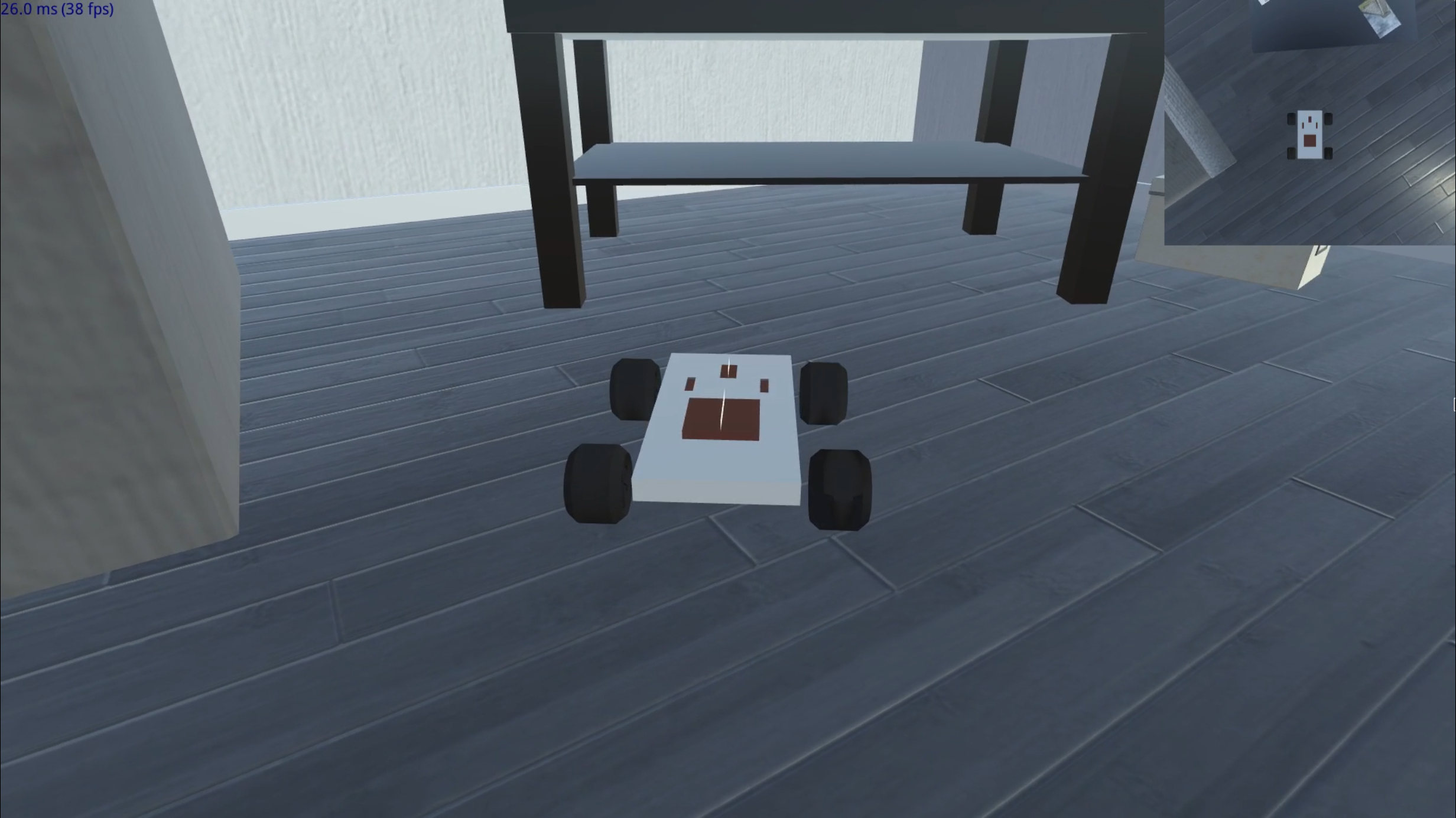
A group of friends and I wanted to do a fun project together and built an AI simulator where we could test various AIs interacting in a realistic physics-based environment. We developed an AI simulation engine in Unity with a communication interface which could be connected to from most any programming language (e.g., Python, C++). The simulation engine can run any created environment and can be used to train and evaluate robot AIs. We developed code for realistic servo motor controls, LIDAR, cameras, etc. It was really fun being able to watch when our AIs moved around in a pretty realistic environment. We ended up training some AIs to search for a door exit and to leave an environment room.
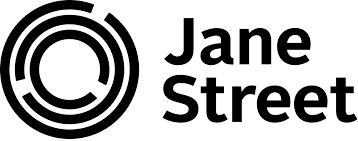
I enjoy challenging myself with all sorts of puzzles in my spare time. Jane Street publishes interesting puzzles on their website. I have written up several of my solutions in both Python and C++. When I have some extra time, I hope to write up some more solutions.
Check it out